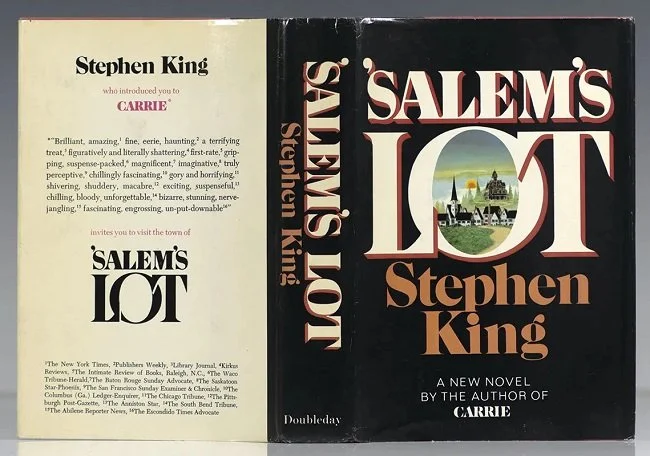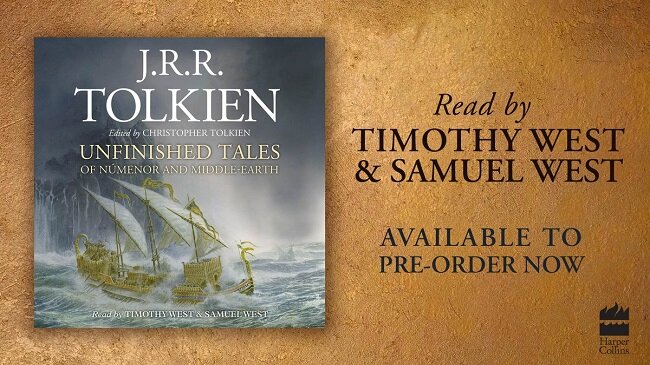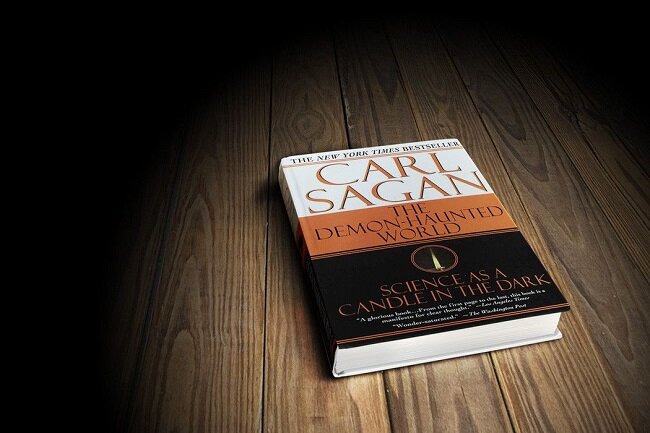Ten Books of Note - A Personal Selection
Many of my fellow bloggers regularly posts details of what they’ve been reading of late. I must admit that although I received several books and graphic novels as Christmas presents, I’ve yet to start any of them. The bulk of my reading is done via my PC or Tablet and usually tends to be news articles, blog posts and research for my writing. The last book that I physically read was Titus Crow, Volume 3: In the Moons of Borea & Elysia by Brian Lumley and that was last November. So, I’ve decided to get back into reading in the traditional sense and as ever have allotted time in my schedule and set myself goals. As a carer I have numerous appointments to attend throughout the week with my parents. Rather than waste time on my phone perusing twitter and gawping at the internet, I shall use these periods to read.
In the meantime, I thought I’d kill two birds with one stone and not only set up a reading schedule but write a quick list of some of my favourite books. I would like to stipulate that this is not a "top ten" or a list of books of outstanding literary merit, although I believe some of these titles do fall into the latter category. These are simply books that I've enjoyed reading and that made quite a big impact upon me at the time. All the titles discussed in this post are works of fiction. I’ll more than likely compose a separate list for non-fiction titles. For the record, I have no particular preference for either genre. The only thing I require from a book is that it’s absorbing. A book that cannot hold my interest is soon cast aside.
The Old Man and the Sea by Ernest Hemingway: I first read this book when I was fifteen and it was the one of the set texts for an exam. I was left bewildered by the themes that the story explores and frankly had little sympathy for the "Old Man". Having re-read in more recent years I now find many of the concepts far more accessible. Santiago's struggle with his Marlin adversary is quite profound and I no longer see the books ending as a failure but a positive validation of the "Old Man" motives.
Nineteen Eighty-Four by George Orwell. Orwell's vision of the future is possibly more relevant today than it was upon its publication in 1949. "Doublespeak" along with "Two Minutes of Hate" seem to be integral aspects of modern life and we seem to have willingly embraced them, rather than had them forced upon us. For me the most powerful aspect of the book is the bleak but utterly plausible ending. I think this book should be mandatory reading in all schools.
The Lord of the Rings by JRR Tolkien: I read The Hobbit as a child but didn't tackle The Lord of the Rings until 1978. I find the depth of history that permeates the text extremely engaging. Even though the events of the third age feel epic, there is still a sense of something even vaster reaching back over time. There are also many thought provoking themes within the narrative and the book holds up to multiple readings, due to its complexity. I am still intrigued by the enigma of Tom Bombadil. This is a book that manages to be many things to many people, finding fans and enthusiasts from all quarters. I like that quality.
The Pickwick Papers by Charles Dickens: A timeless tale of a group of gentlemen and their misadventures as they travel around the English countryside. As well as being a very interesting snap shot of travel in Dickensian times, this is a genuinely funny collection of stories reflecting the fact that human nature seldom changes over time. This book was instrumental in kindling my love of language. Dickens uses some wonderful words and phrases, many of which I have adopted into my personal lexicon.
At the Mountains of Madness by H.P. Lovecraft: A superb tale that blends both science and the supernatural. Set in a time when the world still held hidden mysteries and vast swathes of the earth remained unexplored, this is a disquieting tale, that builds in atmosphere. Lovecraft's skill lies in exploring the concept of something vast and ancient that lurks just beyond our normal senses. He excels at conveying the idea that we unknowingly share time and space with ancient beings, utterly alien to ourselves. This book is a great introduction into the world of the Cthulhu Mythos.
The Martian Chronicles by Ray Bradbury: Ray Bradbury's The Martian Chronicles is a thoughtful, lyrical collection of short stories about human colonisation of Mars and its consequences it has upon both races. Filled with rich themes and philosophical questions this remains an incredibly thought provoking read. The brief and esoteric insights the stories provide into Martian culture and society are one of the most engaging aspects of the book. The Martian Chronicles is also a snapshot of the prevailing social issues at the time it was written. Many still remain unresolved to this day.
Three Men in a Boat by Jerome K. Jerome: First published in 1889, Three Men in a Boat is a humorous account by Jerome K. Jerome of a boating holiday on the Thames between Kingston and Oxford. Some humour simply doesn't date and this book is filled with amusing vignettes and comic narrations. Two outstanding incidents are Uncle Podger's attempt at hanging a picture and a curious discussion of "Advantages of cheese as a travelling companion". The undertaker’s comments will remain with me forever. What I like about this book is the fact that the indolence of young men remains constant.
Carnacki the Ghost Finder by William Hope Hodgson: William Hope Hodgson's supernatural detective, Thomas Carnacki, remains criminally underrated in literary circles. This collection of short stories explores several of Cranacki's old cases. Sometimes there are worldly explanations to the various mysteries. Other times there is clear evidence of the opposite. Like Lovecraft, Hodgson hints at a vast, malevolent force outside of human perception. He also mixes science with the occult, with Carnacki frequently using his Electric Pentacle; a series of multicoloured neon tubes. This is weird and baroque fiction at its best.
Twinkle, Twinkle, Killer Kane by William Peter Blatty: Col. Vincent Kane arrives at a remote castle serving as an insane asylum for U.S. Army soldiers where he attempts to rehabilitate them by allowing them to live out their fantasies. It soon becomes apparent that Kane may be just as psychologically disturbed as his patients. Fascinating, tragic and immensely uplifting are just some of the ways I would describe this book. It manages to balance a compelling theological subtext with a strong streak of gallows humour. A very rewarding read and one of the great unsung novels of the seventies.
The Medusa Touch by Peter Van Greenaway: On the surface this is quite a conventional science fiction potboiler, about a disenfranchised writer who has the power to create disaster and catastrophe. However, it is elevated above the mundane by the central character of John Morlar, whose misanthropic narratives are utterly fascinating and sadly quite perceptive. The book also raises some relevant questions about the establishment, various public institutions and their relationship with power, which was a common theme for the author. The cathedral shattering denouement is suitable spectacular.
So, there are ten books that I recommend. As of tomorrow, I embark upon my new reading regime. For my first book of 2017, I’ve opted for some heavyweight non-fiction. I’ve ordered Sapiens: A Brief History of Humankind by Yuval Noah Harari. I heard the professor being interviewed on a podcast recently and he raised several points about human nature that I found fascinating. So, I’ll give one of his books a go. If it proves too taxing or beyond my intellect, then I have several short stories by Roger Hargreaves in reserve. His work never fails to delight. In the meantime, feel free to leave a comment and recommend anything you’ve read that you think may be of interest to me.












